German philosopher Georg Wilhelm Friedrich Hegel believed that history unfolded in stages. Celebrity history seems to obey a similar pattern. The first stage is thrilling: novelty, scandal and surprise. The second is saturation: omnipresence in every medium, endlessly discussed and dissected. Then comes the fateful third stage: oblivion. The public forgets, or at best remembers faintly, why it was ever fascinated.
A presence without a role
David Beckham resists this dialectic. At the turn of the millennium, he dominated front pages — for his goals and his blunders; his haircuts and his alleged affairs; his restless moves across Europe and the United States, from Manchester to Madrid, Los Angeles to Milan and Paris. Retirement should have been the prelude to irrelevance.
Instead, Beckham remained, appearing in commercials, at sports tournaments and even in the solemn queue to pay his respects at Queen Elizabeth II’s funeral. Far from vanishing, he has become something stranger — a presence that endures without a role.
When Beckham left competitive sports in 2013, no one seriously expected him to follow the familiar path of retired athletes and become a pundit, a manager, a serial reality television participant or even a bit-part film actor like Vinnie Jones. But equally, no one imagined he would prolong the spell first cast in the late 1990s, when he emerged as football’s first bona fide metrosexual and the fiancé of “Posh Spice,” real name Victoria Caroline Adams (now Lady Beckham), from the all-conquering Spice Girls.
Yet the spell endures. Beckham has developed into an unusual, perhaps unique figure. Never in the history of celebrity has there been someone who remains a regular media fixture while doing nothing beyond appearing.
American socialite Paris Hilton might seem like a precedent. Yet Hilton released an album, starred in several films and published a book. Businesswoman Kim Kardashian and her clan industrialized their presence through reality television, social media and orchestrated moments — from being robbed at gunpoint in Paris, France, to donning actress Marilyn Monroe’s historic “Happy Birthday, Mr. President” gown at the Met Gala.
Beckham, by contrast, has been scandal-free for years. Even when he looked headed for trouble in 2022, serving as a £125 million ($166 million) ambassador for Qatar’s World Cup despite the country’s criminalization of gay sex, he somehow avoided lasting damage. Earlier in his career, both he and Victoria had openly supported LGBTQ+ rights. But the controversy simply dissipated.
Beckham has no peers. For 12 years, he has remained fascinating without a role to explain his fascination. Other “presences” like actors George Clooney, Brad Pitt and Pierce Brosnan sell watches, coffee or cologne, but their anchoring role is cinema. Stop the films and the endorsements would surely dry up. Beckham has no other role. He simply appears.
Developing the brand
In 2000, Polity Press asked me to write a book on Beckham, exploring how an athlete with no political views — or even opinions on much at all — could become a global icon. My book, Beckham, was a rush job but sold well enough to earn a second edition.
In that edition, I argued that his ascent owed much to Victoria. While her bandmates enjoyed the moment, she studied the dark arts of celebrity. Like the sculptor Pygmalion of Greek myth, she fashioned raw material into a figure the world could love. For a while, there wasn’t just one Beckham: There were innumerable versions in the imaginations of millions. And, because he rarely spoke, he never disappointed.
In 2003, Beckham left SFX (sports agents) for British entrepreneur Simon Fuller’s 19 Entertainment, home of the Spice Girls. As The Independent put it at the time: “Victoria believes Mr Fuller, who propelled her to fame, can develop the Beckham brand on a global scale.” No one can doubt that he succeeded, perhaps beyond his or Victoria’s wildest dreams, though surely neither expected the barely believable developments after David retired.
One lesson I am sure Victoria learned with the Spice Girls was how to ration yourself. The band was a prolific and indiscriminate endorser; they appeared in countless print and on-screen ads and licensed their name to products. Eventually, there was overexposure, inclining both advertisers and consumers to turn away. Beckham endorsed plenty of products, but they were usually handpicked in a way that enhanced his persona: underwear, whiskey or cologne, for example. And different ads appeared in different territories so that consumers never tired of seeing his image.
Victoria, meanwhile, had her sights on becoming the head of a serious fashion house. In 2008, she launched her first collection. It grew into Victoria Beckham Holdings, a structure of interlinked companies financed by family money, Fuller’s management group and later a private equity partner. The business has expanded from clothing into handbags, footwear and beauty lines, though it’s required repeated capital injections to cover consistent losses — over £60 million (over $80 million) since inception — in order to keep inventory, production and expansion going.
Her husband had no comparable travails. His own commercial structure, DB Ventures Ltd (incorporated in London in 2014), was created explicitly to maximize revenue from endorsement contracts with the likes of Adidas, H&M, Armani, Haig Club whiskey, Tudor watches and others. The sums have been vast: In 2016, DB Ventures reported profits of over £39 million (over $52 million); by 2019, its annual revenues topped £45 million ($60 million), so that even in retirement, Beckham regularly ranked among the world’s highest-paid athletes.
Where Victoria had to build a fashion brand almost from scratch, David simply monetized his name and the world kept buying. In 2022, Authentic Brands Group (ABG) acquired a 55% stake in DB Ventures for approximately $269 million. This strategic partnership aimed to leverage ABG’s global reach and brand development expertise to expand Beckham’s brand across new verticals and territories, including Europe, the Middle East and Asia-Pacific.
New audiences
The true marvel of Brand Beckham isn’t just how David and Victoria have interwoven their various ventures into a cohesive empire, but how they’ve sustained it across generations. For Generation Z and many Millennials, David is primarily known as a ubiquitous figure in advertisements, a far cry from the footballer who once captivated the world with his on-field prowess.
These younger audiences won’t recall his red card at the 1998 World Cup, the subsequent vilification or his eventual redemption and return to the pitch. They might not remember the tabloid frenzy over his fashion choices, like the infamous sarong or the alleged affair scandal that rocked his marriage. Yet, despite this, their interest in the Beckhams remains palpable.
This intrigue culminated in Netflix’s acquisition of a 2023 documentary series, Beckham, made by the Beckhams’ production company, Studio 99. Forbes suggests the deal was worth approximately $20 million. The series offered an “intimate” look into David’s life, from his rise in football to his ventures in business and media. Despite initial reservations (David admitted he “hated almost every moment” of filming) the series resonated with audiences — probably in the same way Netflix’s Meghan & Harry series succeeded. It garnered an 88% approval rating on Rotten Tomatoes and was nominated for five Primetime Emmy Awards, including Outstanding Documentary or Nonfiction Series.
Critics were largely favorable, with The Guardian describing it as “a candid, riveting truth about the footballer’s life.” Others noted its glossiness, with Vulture commenting that it felt “too neat to feel honest about the complicated life we watched play out.”
The success of the documentary yielded tangible financial benefits. In 2024, David Beckham’s business empire saw profits nearly double, leading to a reported $57 million payday. The Sunday Times Rich List for 2025 reported that the combined net worth of David and Victoria was £500 million (approximately $636 million).
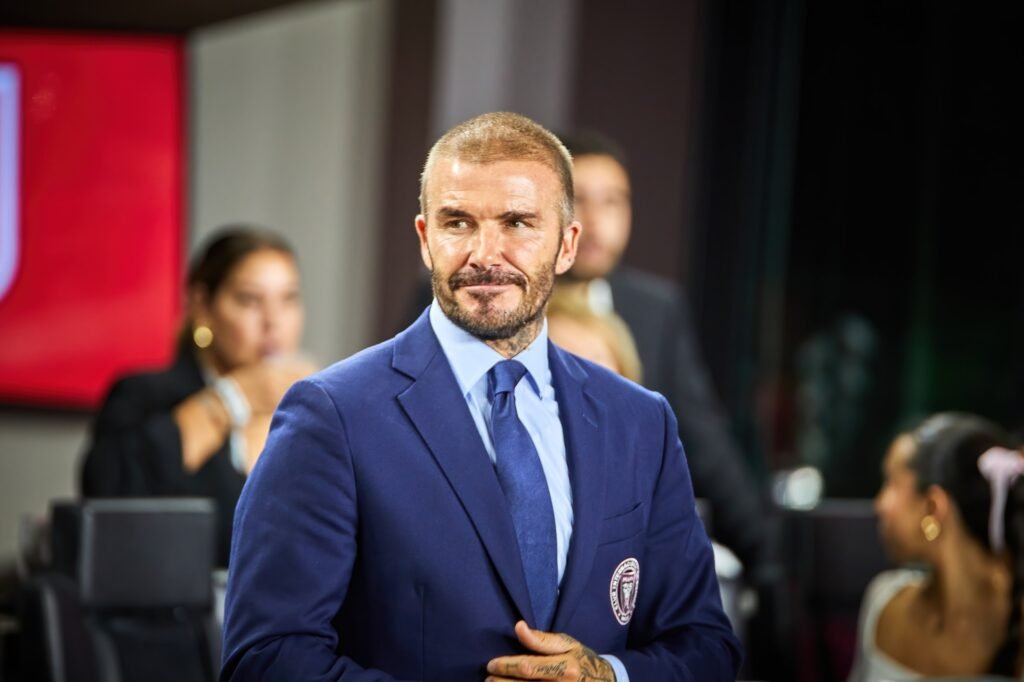
Defying logic
Buoyed by Beckham’s triumph, Netflix commissioned a three-part docuseries, Victoria Beckham. Some will groan that the Beckhams are becoming another Prince Harry and Meghan Markle, or even the Kardashians reincarnate. Whether you find them grim, hilarious or neither, there’s no doubt that the Beckhams have worked, reworked and double-reworked their magic for this century. They have adapted to new audiences and platforms in ways that defy logic.
Celebrities with enduring popularity usually have a body of work that continues to beguile audiences long after their prime — think Marilyn Monroe, David Bowie or Audrey Hepburn. Yet David’s football career ended 12 years ago and Victoria was never the most prominent member of the Spice Girls. Most reality television breakout stars, by contrast, enjoy intense but fleeting fame; few remain culturally relevant beyond a decade.
The Beckhams, on the other hand, have created an ecosystem that consistently delivers what audiences want while staying attuned to cultural trends even when others have written them off. In a landscape where fame is often ephemeral, their ability to sustain attention across generations is a feat both remarkable and almost defiant.
[The 2nd edition of Ellis Cashmore’s Beckham was published by Polity in 2004. His book The Destruction and Creation of Michael Jackson is published by Bloomsbury.]
[Lee Thompson-Kolar edited this piece.]
The views expressed in this article are the author’s own and do not necessarily reflect Fair Observer’s editorial policy.
Support Fair Observer
We rely on your support for our independence, diversity and quality.
For more than 10 years, Fair Observer has been free, fair and independent. No billionaire owns us, no advertisers control us. We are a reader-supported nonprofit. Unlike many other publications, we keep our content free for readers regardless of where they live or whether they can afford to pay. We have no paywalls and no ads.
In the post-truth era of fake news, echo chambers and filter bubbles, we publish a plurality of perspectives from around the world. Anyone can publish with us, but everyone goes through a rigorous editorial process. So, you get fact-checked, well-reasoned content instead of noise.
We publish 3,000+ voices from 90+ countries. We also conduct education and training programs
on subjects ranging from digital media and journalism to writing and critical thinking. This
doesn’t come cheap. Servers, editors, trainers and web developers cost
money.
Please consider supporting us on a regular basis as a recurring donor or a
sustaining member.
Will you support FO’s journalism?
We rely on your support for our independence, diversity and quality.


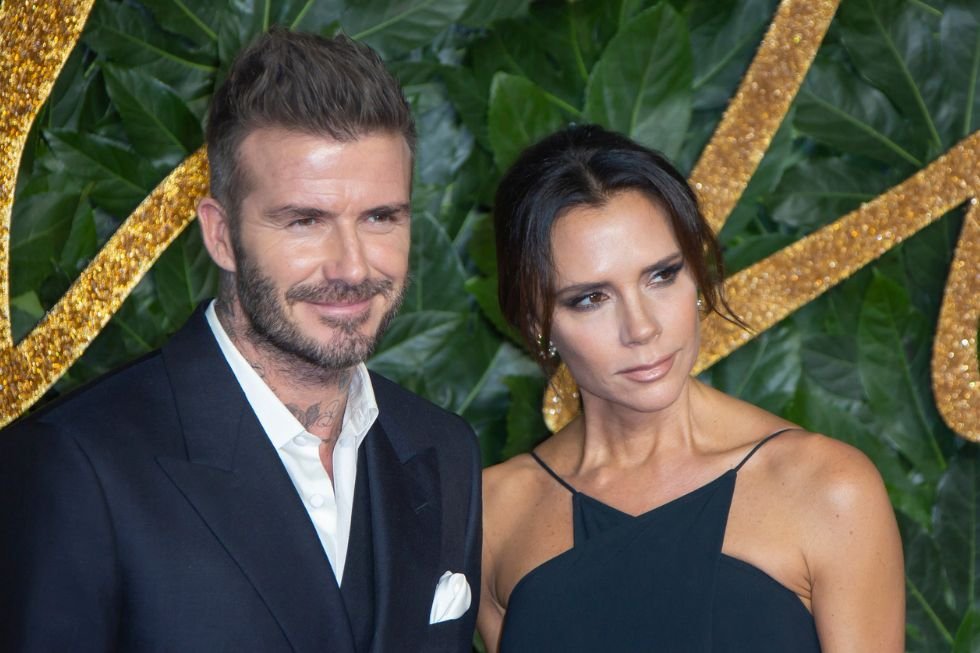
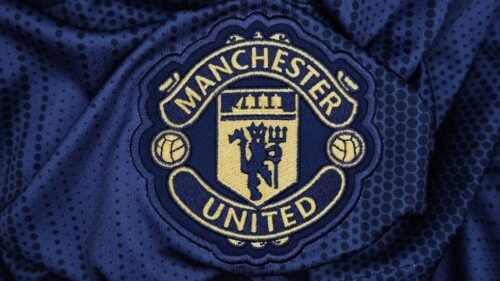
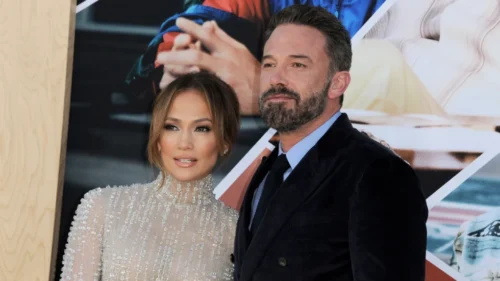
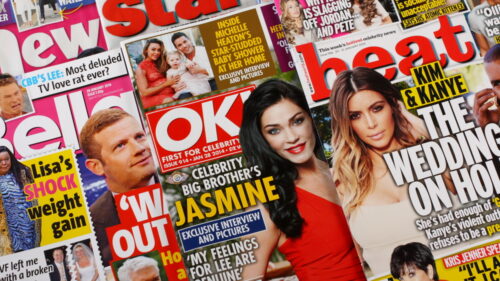


Comment